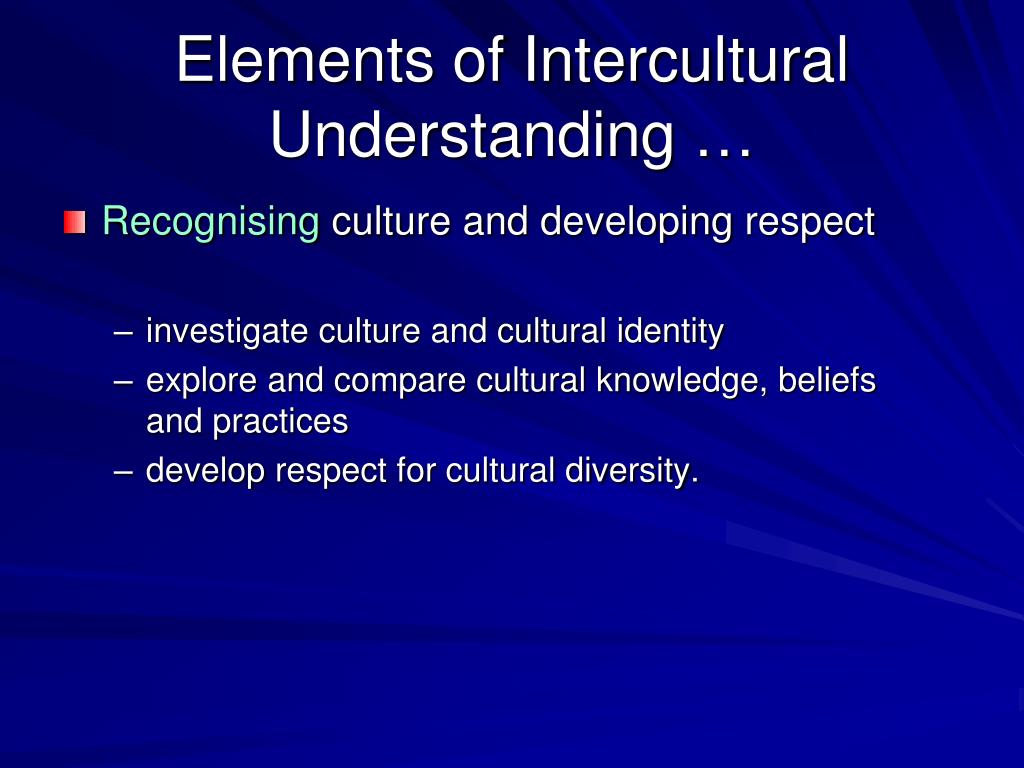
PPT Intercultural Understanding PowerPoint Presentation, free download ID2176292
Intercultural understanding combines personal, interpersonal and social knowledge and skills. It involves students learning to value and view critically their own cultural perspectives and practices and those of others through their interactions with people, texts and contexts across the curriculum.

PPT Intercultural Understanding PowerPoint Presentation, free download ID2176292
From an international perspective, the mission statement of the International Baccalaureate Organization reads, 'the International Baccalaureate aims to develop inquiring, knowledgeable and caring young people who help to create a better and more peaceful world through intercultural understanding and respect' (IB, 2014).

Explain Cultural Differences and Similarities in a Global Perspective JamarihasGraham
Intercultural Understanding is far more than food and festival days - it's about developing empathy and seeing the world through different eyes and belief systems; seeing things in a different way. Intercultural Understanding reduces bullying, racism, and xenophobia, bringing a wider experience to the students.

A Teacher's Guide to Intercultural Understanding by CaraandLiv Issuu
Intercultural understanding The Australian Curriculum identifies intercultural understanding as a general capability that all students should develop. It aims to enhance skills in three areas: Recognising culture and developing respect Interacting and empathising with others Reflecting on intercultural experiences and taking responsibility.
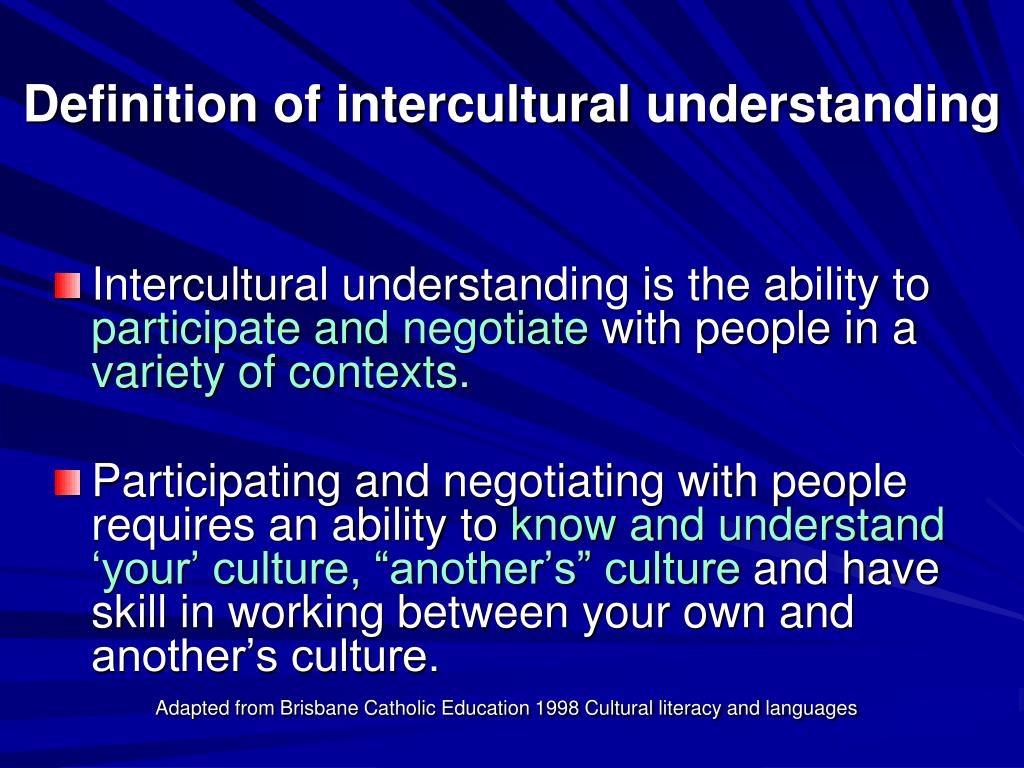
PPT Intercultural Understanding PowerPoint Presentation, free download ID2176292
Intercultural understanding The department is committed to building a diverse and inclusive learning environment that benefits all students including those from language backgrounds other than English. Students are prepared for engagement and participation in Australian society. Understanding diversity

Settling in a new country Intercultural understanding through the eyes of a child
recognising culture exists in any situation where a group of people are gathered together for a common purpose, including in situational, organisational, linguistic, and social contexts and ways of thinking understanding that culture is dynamic and can change over time and context
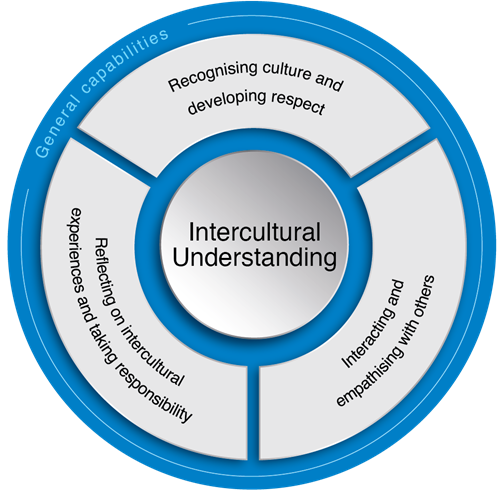
Intercultural Understanding The Australian Curriculum
Cultural essentialism is the belief that individuals' characteristics and ways of being are determined by their culture of origin. Gorski (2009) describes two types of cultural essentialism. The first type, Othering, labels individuals and groups as being outside of expected "norms".
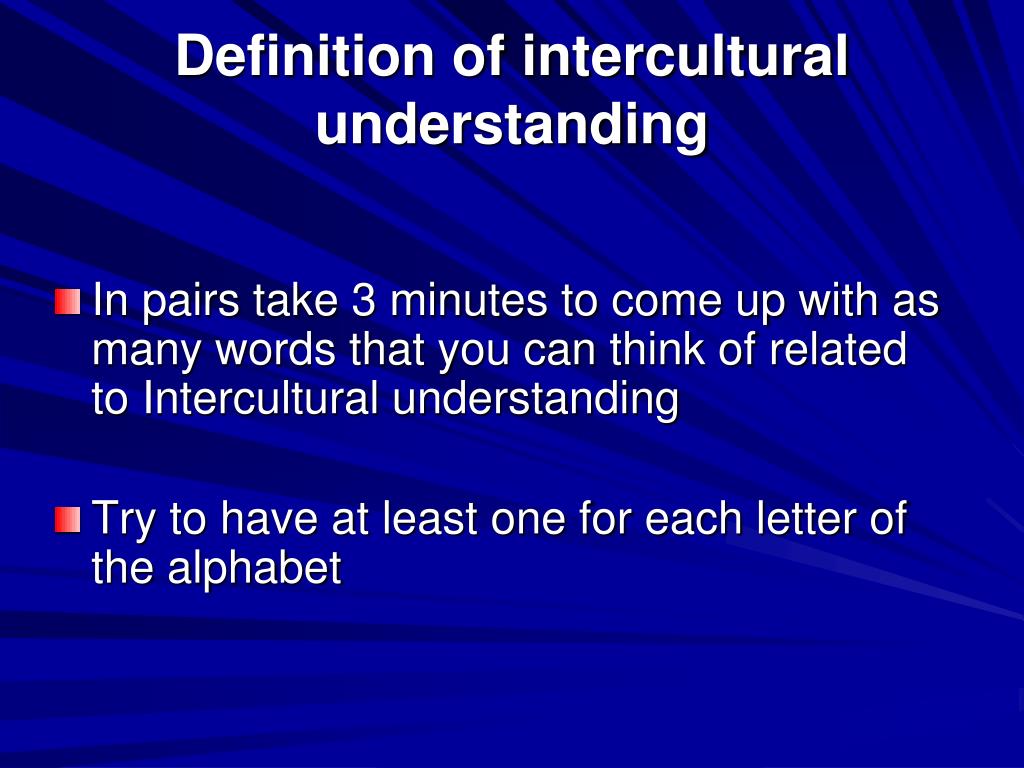
PPT Intercultural Understanding PowerPoint Presentation, free download ID2176292
Video: tips from international students on studying abroad during the pandemic. Admit what you don't know. Humility is the key to intercultural understanding. Identifying and then taking responsibility for gaps in your knowledge and understanding creates space for dialogue and learning. Sidestepping questions and avoiding certain topics can.
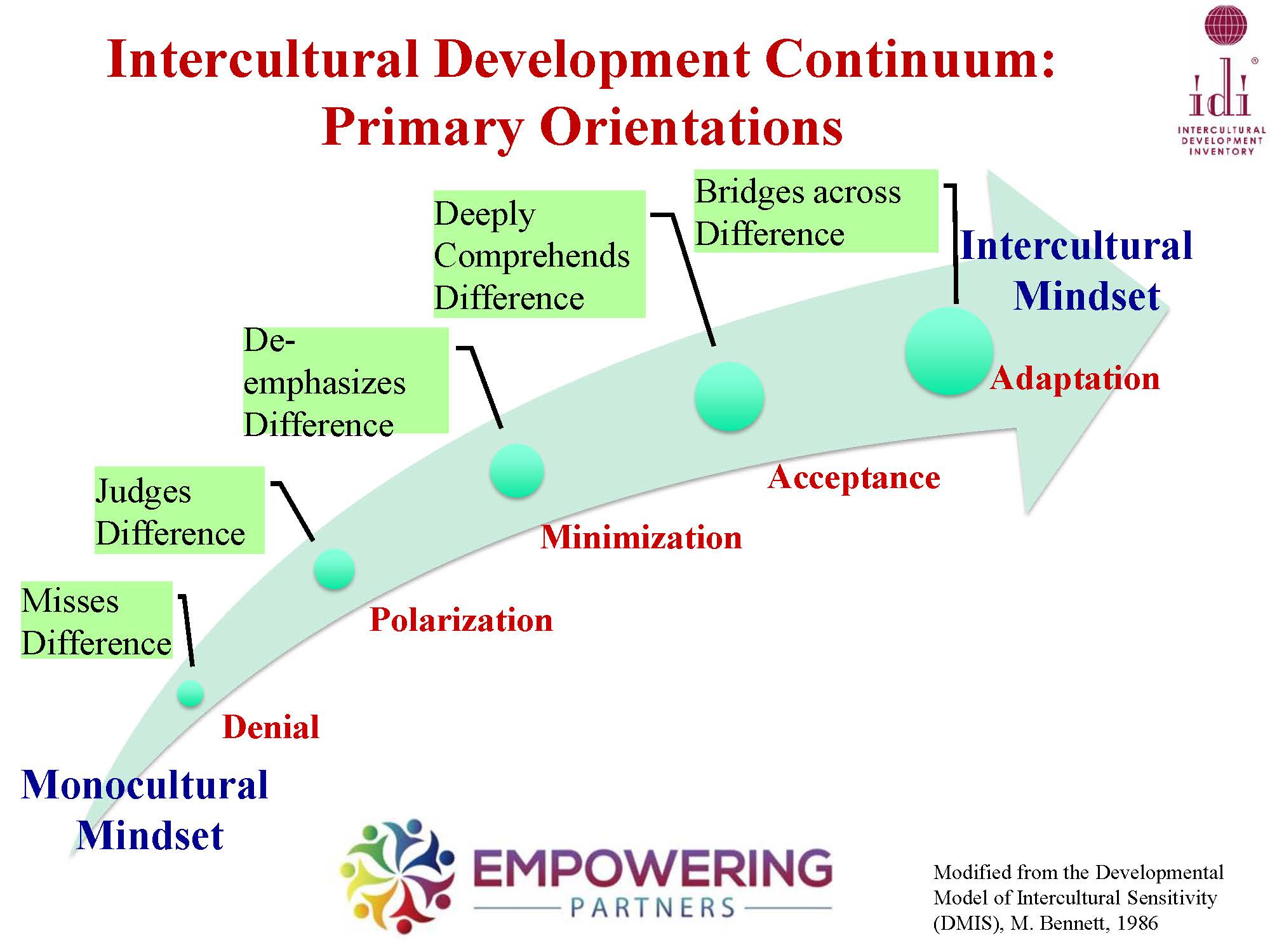
Intercultural Competence Empowering Partners
Intercultural Understanding in Social Studies (history, geography, human rights, civics and citizenship, environmental education) Learners will: explore diverse perspectives in time, place, cultures and societies;• explore values and ethical issues from diverse cultural perspectives;• learn how peoples are shaped by social, cultural.
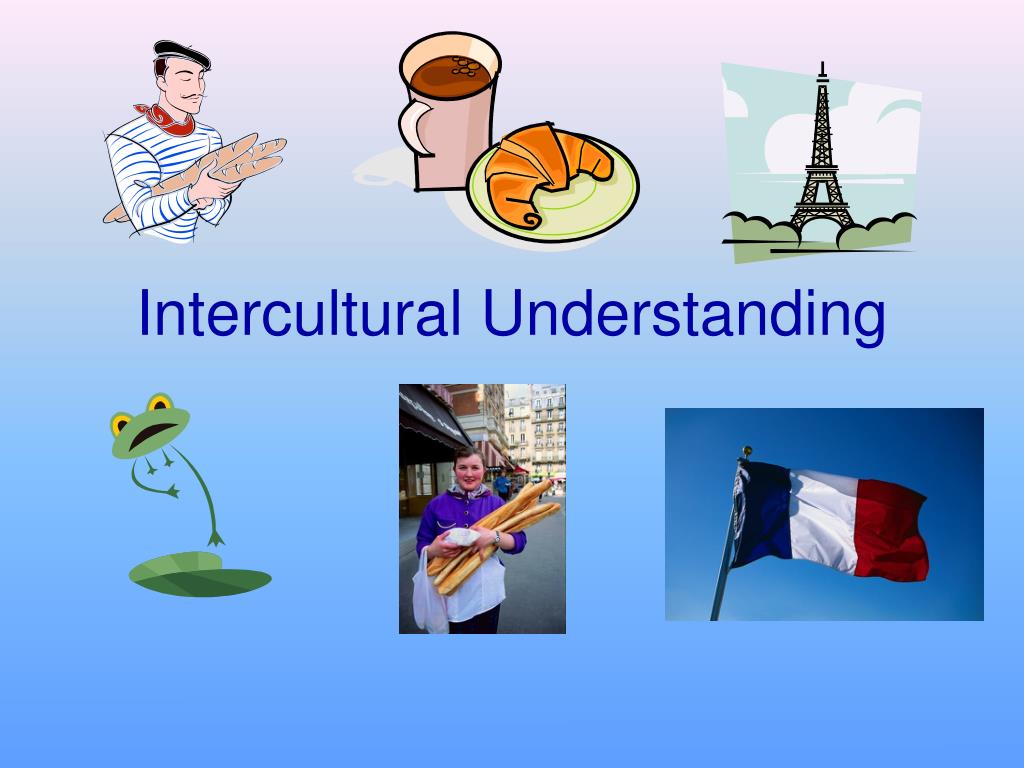
PPT Developing Intercultural Understanding PowerPoint Presentation, free download ID5180972
Intercultural Understanding and Personal and Social Capability are two General Capabilities in the Australian Curriculum. However, the level of engagement anticipated by students in addressing these general capabilities across the learning continua provided in the curriculum differs significantly both in terms of the cognitive level expected of this engagement (as measured by Bloom's.
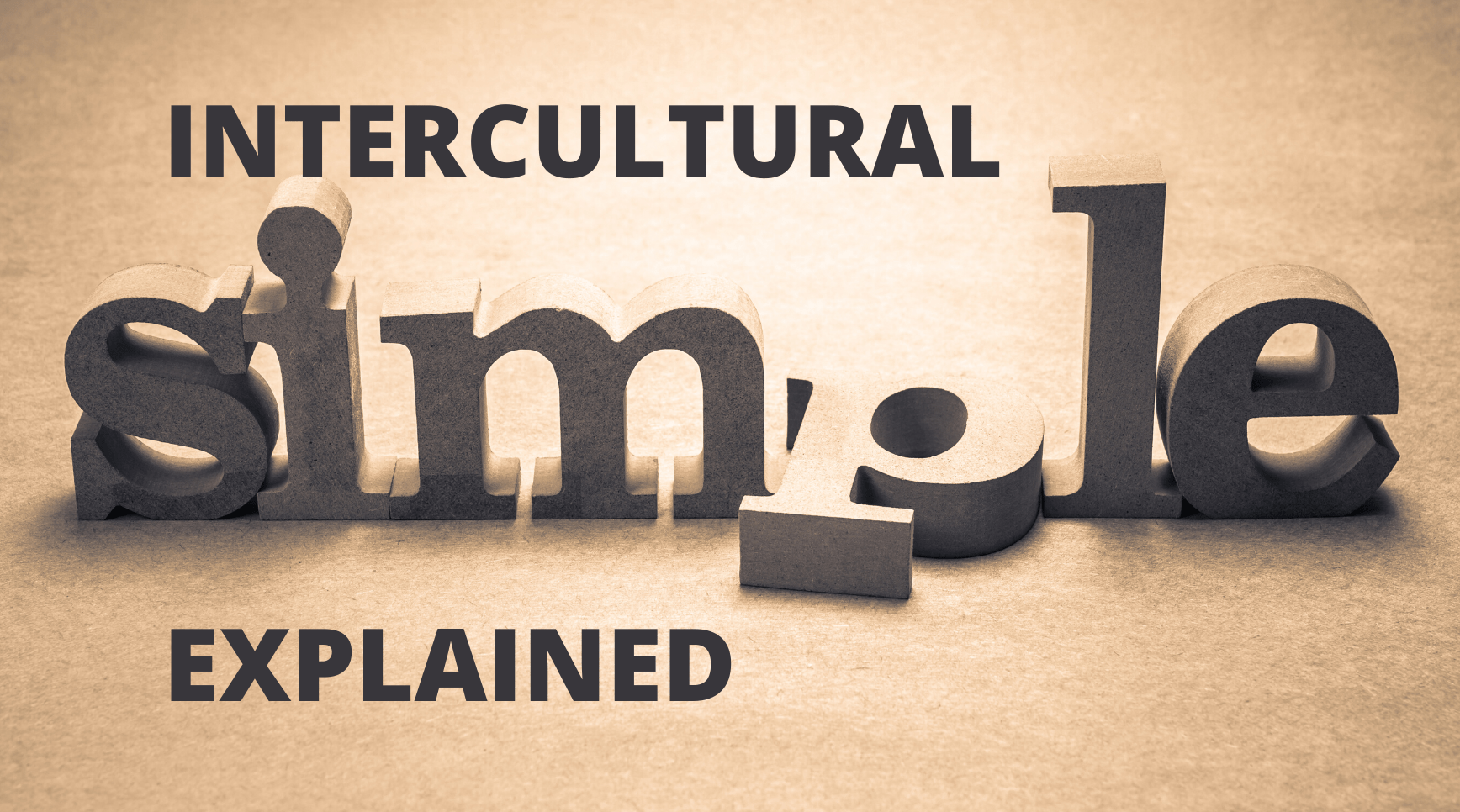
What is Intercultural? Intercultural Consultancy & Training
Intercultural understanding. The development of intercultural understanding is a central aim of learning languages, as it is integral to communicating in the context of diversity, the development of global citizenship and lifelong learning. Students bring to their learning various preconceptions, assumptions and orientations shaped by their.
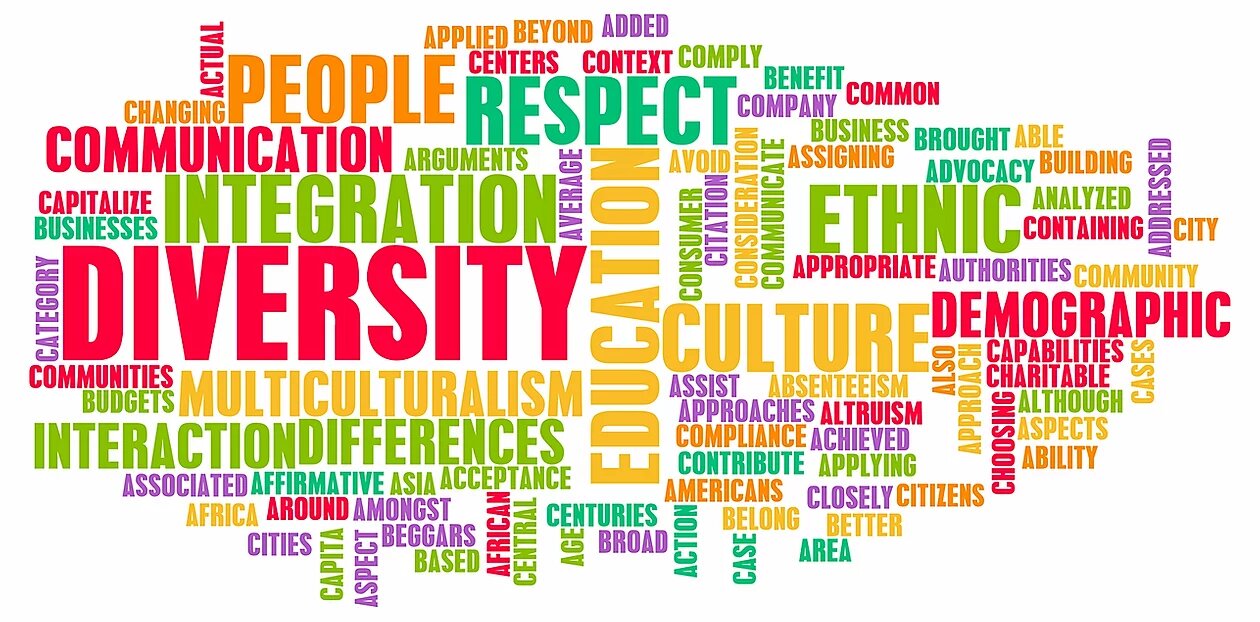
Intercultural Management Scénarios Vision
Intercultural understanding is a disposition and a competence. Intercultural understanding is a disposition. It is a mindset; a way of thinking and being in the world. It includes beliefs, values and attitudes such as an appreciation of and respect for difference and diversity, compassion, curiosity, open-mindedness and human rights.
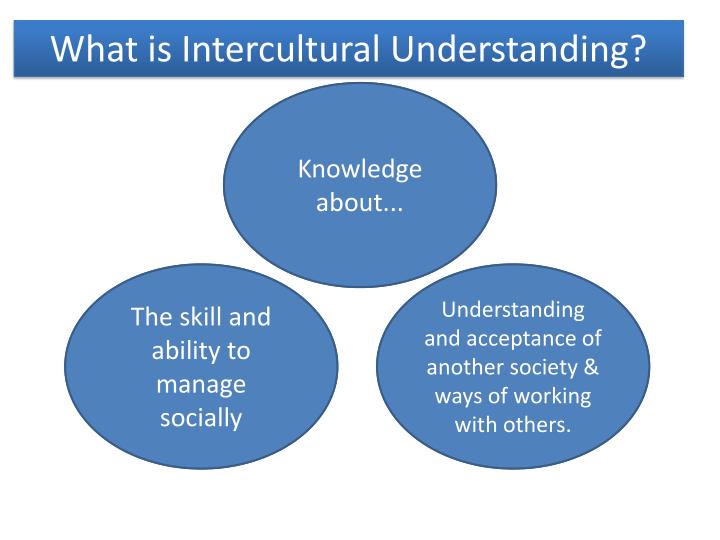
PPT Intercultural understanding through MFL PowerPoint Presentation ID1918815
Developing intercultural knowledge, skills and understandings is an essential part of living with others in the diverse world of the twenty-first century. The Intercultural capability curriculum assists young people to become responsible local and global citizens, equipped for living and working together in an interconnected world.

3 Ways to Understand and Admire Cultural Differences wikiHow Cultural differences, Cultural
eBook ISBN 9781315103495 ABSTRACT This chapter provides a Framework for Developing Intercultural Understanding drawing on the experience in international education, key research in intercultural understanding and related fields, and the prominent models.
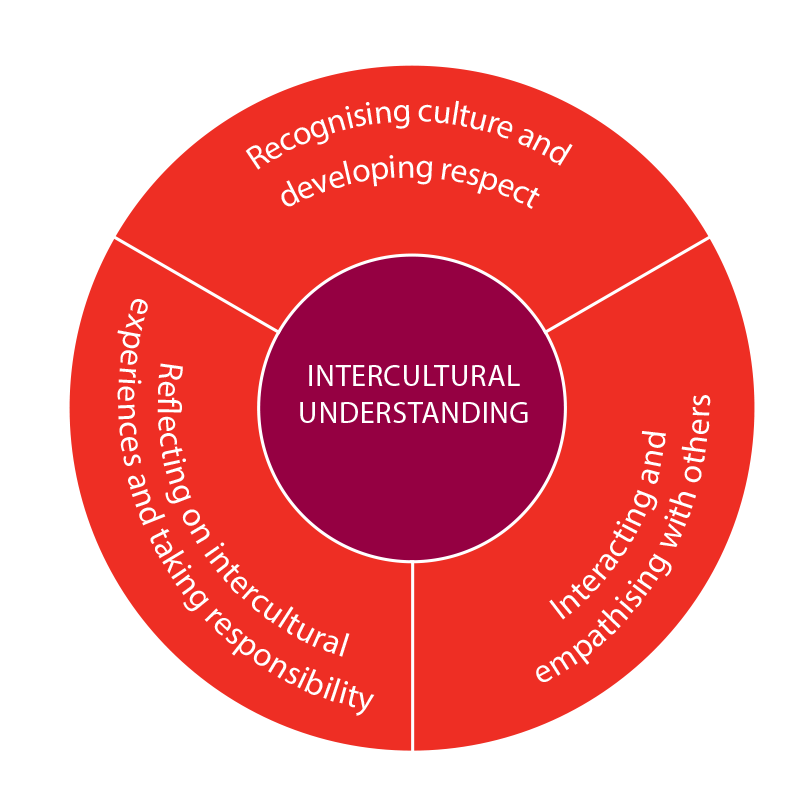
Intercultural understanding Asia Education Foundation
An understanding of the social positions, practices and power relations of sociocultural difference understood by individuals or groups within a society. Having intercultural understanding implies having the appropriate aptitudes needed to appreciate, and be open and flexible to various forms of social and cultural diversity.
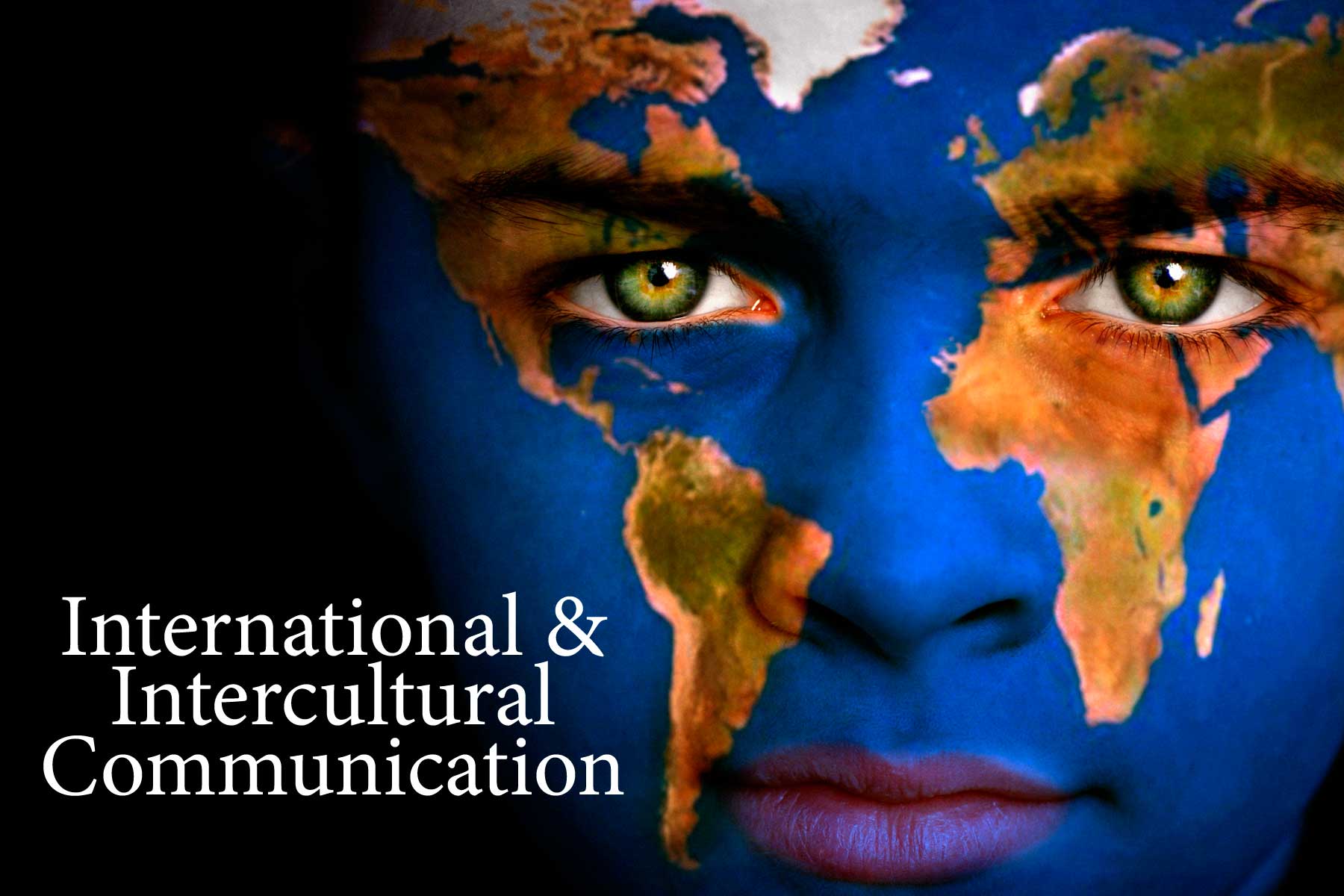
Social Media Increases Intercultural Communication And Understanding Youth On Race
What is intercultural approach? An intercultural approach is where people of different cultures have engaging interactions with each other. They develop strong relationships through the sharing of ideas and values and show mutual respect and understanding.